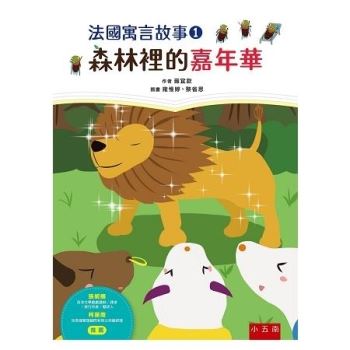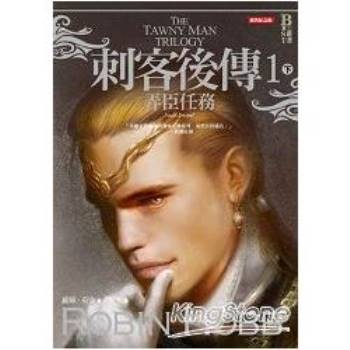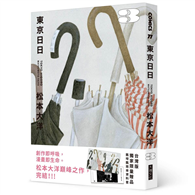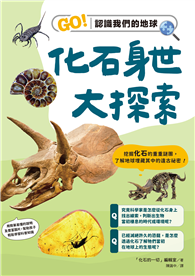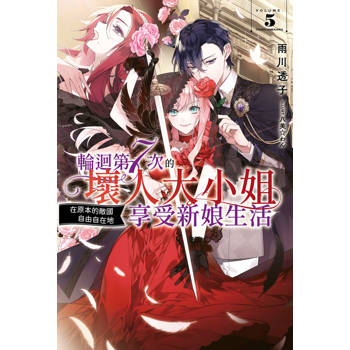What if the most important lesson your child ever learns is what safe love should feel like?
Safe Love Feels Like This is an empowering and affirming picture book for children (aged 3-8), created to gently guide young hearts towards understanding what love is meant to feel like and what it is not. Through comforting rhymes and warm illustrations, this book teaches that love should never scare, silence or control. Instead, safe love protects, nurtures and listens.
This picture book is a vital tool for building emotional literacy, encouraging open conversations and helping children grow into confident, self-assured individuals who know their worth and understand healthy boundaries. Children are empowered to trust their feelings, value themselves, and recognise love that supports and uplifts.
Whether you’re reading at bedtime, in the classroom, or during moments that matter, Safe Love Feels Like This is more than a story. This picture book is a foundation for a lifetime of self-worth and safe relationships. Perfect for parents, educators, therapists and caregivers committed to raising confident hearts. This beautiful resource is a must-have for every home, school and preschool.
Because the earlier children learn what safe love feels like, the more empowered they’ll be to protect their hearts for life.
Parent and Educator Reading Guides for Safe Love Feels Like This are available at www.selflovesafelove.com.
About the Author: Lauren Armstrong is a Sydney-based educator, former Dean of School, mother of three and the founder of The Self Love, Safe Love Collective; a heartfelt initiative dedicated to nurturing emotional literacy, self-worth, and healthy relationships in young people. With a background in secondary education, Lauren has led with care and purpose across various leadership roles in education. Her professional and personal insights deeply inform her mission. Having experienced domestic violence both in childhood and as an adult, Lauren knows firsthand the lifelong impact held by the messages we receive about love, boundaries and our own value. She believes that if children are equipped early with the tools to recognise their worth and understand what respectful, safe love looks and feels like, they are far less likely to accept anything less in the future.


